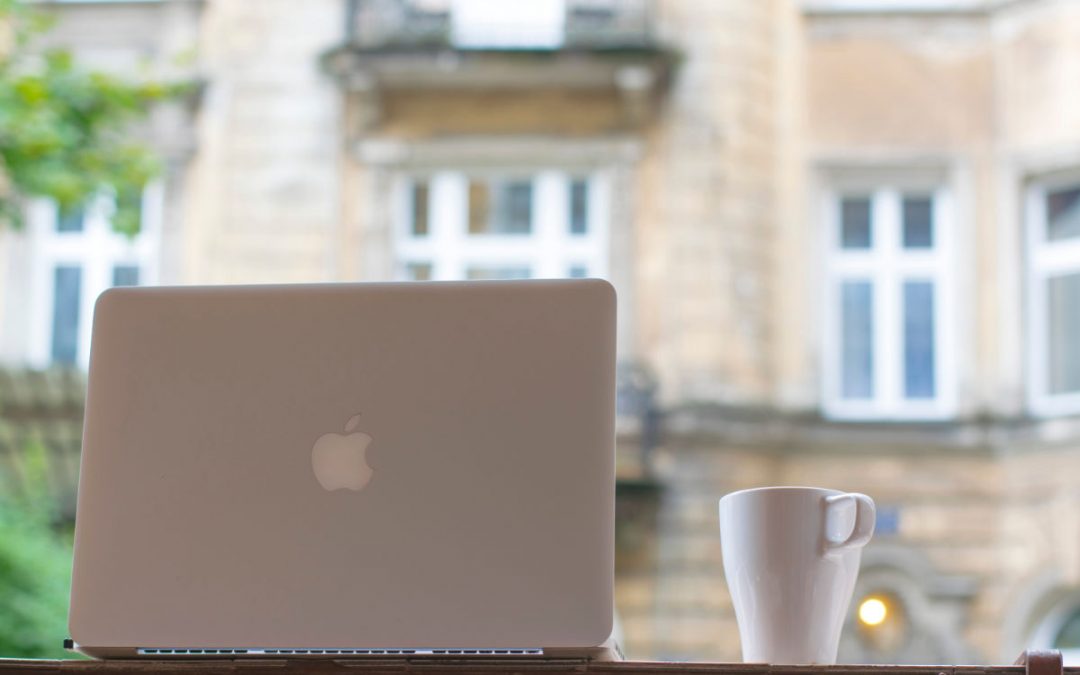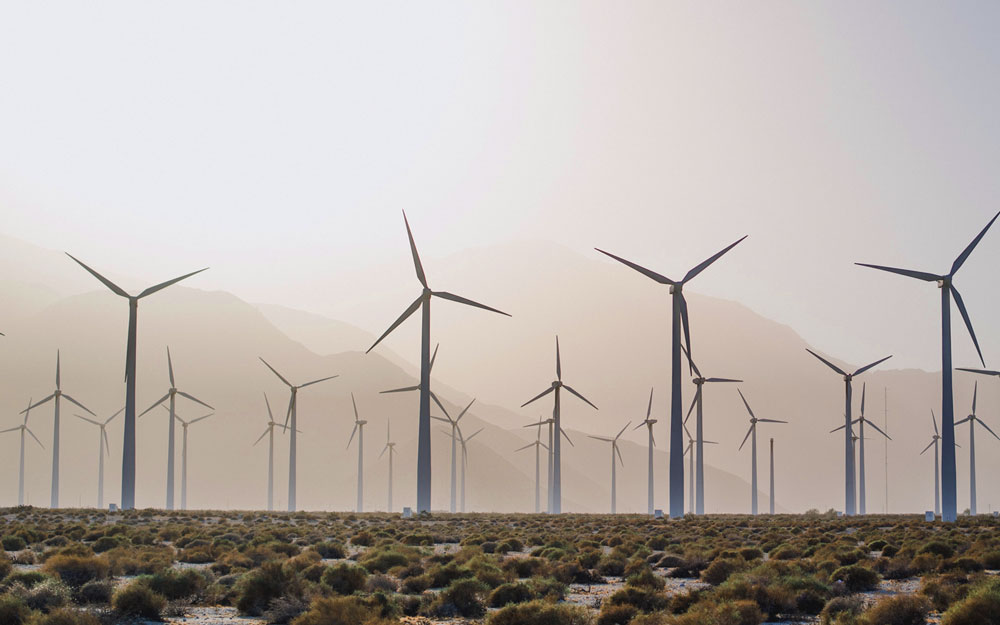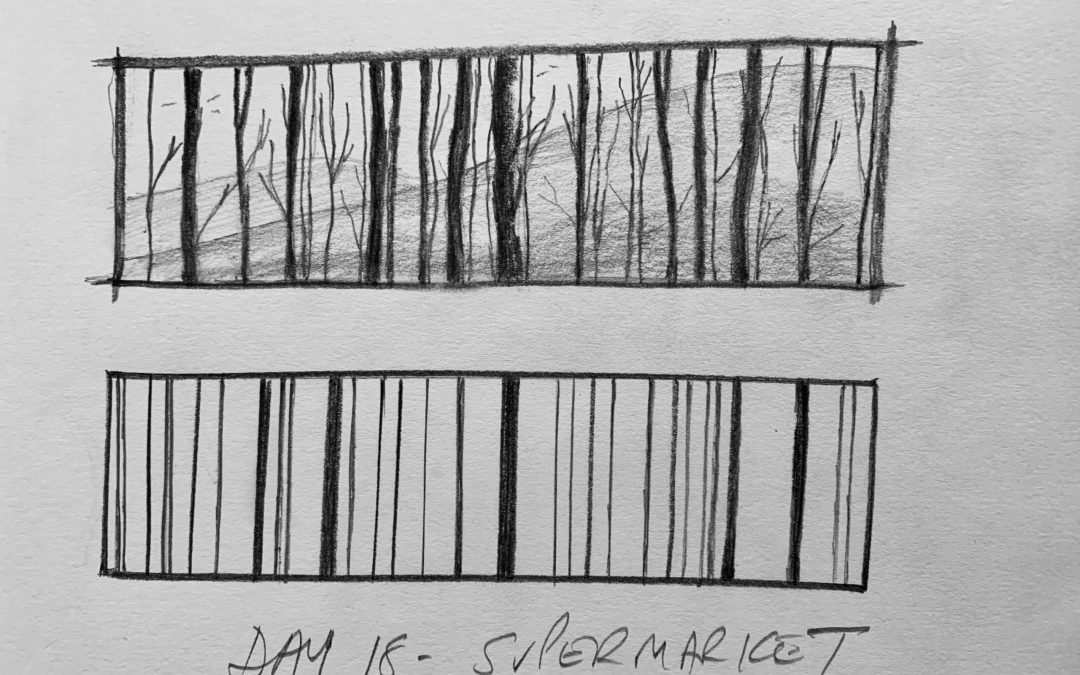
Confessions of a watercooler
It’s incredible. So much was expected of me before you all got sent home but now the magic and power I’m assumed to have is off the scale. Apparently, you all miss me. You know, like the desert misses the rain. I thought it might be because you’re all thirsty not having been able to get a drink since mid-March, but it seems it’s because you can’t hang around me anymore. It’s not the elixir of life you miss, it’s the experience. Are you sure?
I think it’s time I told you how it is. Straight from the horse’s nozzle. Then you can all lay off the social network for professionals. And get a bit of a life, depending of what the government decide the rules are today. Yes, I get the politics, pressed through the sieve of polarised prejudice. I’d rather not, but there’s a lot going on. It makes one rather miss the Nineties.
While there seems to be this assumption that I’m the centre of attention, the epicentre of corporate discourse, the spark in a tinderbox of imagination, the hub of a million spokes, truth be told it’s a bloody lonely life. I just stand in the corridor. I know what’s coming next, the blue plastic bottles stretch out into the anomie like wishes, enough to survive a biblical drought. The only amusement is watching a nebwie try and change one, after they’ve checked no-one’s watching. Humping the refill like an Atlas Stone in a shit-or-bust struggle between a quenched thirst and a drenched carpet and possible need for an emergency electrician. There ought to be commentary by David Attenborough.
Of all the hours in a day, days in a week, weeks in a lifetime I have to watch in expectation as you all come and go, your twenty-yard stare firmly fixed on the meeting or the trouble you’re in or about to be in, until one of you catch my eye and pause. I wait for — long for — the pause. That’s when it happens. And I forget all about the waiting.
I’ll say more about this — but why me? I mean — I’m a white box with a liquid head. Room temperature and chilled, that’s your lot. As for minerals, you’ll find more of them in a muddy puddle in the park. And now, bring your own cups, I don’t even have an armful of those annoying squishies anymore, where you try and take one, but I insist you have seven and there’s no way of putting them back in the top of the sleeve, so, you throw six away, take a mouthful and throw the seventh away. The sea hates you, by the way.
No-one talks about ‘shredder’ moments. Which is where you can usually find Brenda and Gus from Accounts. Especially when that merger was announced. They spent all night there once. Or ‘photocopier’ moments even though people seem to spend ages by them, cursing. Maybe the lingering disappointment of the unfulfilled dream of the paperless office is the deterrent. Or Steve in Sales. Yes, I heard about the incident with the parking attendant, the guavas and the lacrosse stick, too. You haven’t? Ah, sorry Steve.
You see, I hear a lot. A little less, of course, since people send messages on their phones. But what they send only seems to be more communication, not a replacement. And people then talk about the messages they’ve sent on their phones. They even show each other. Of course, when you send messages you can reach so many more people that we see here, the same old faces, year in year out. I’ve been here for longer than most. I’m rented, too. They could have bought me five times over for what they’ve paid. Best not say.
Some stories, though, need to be told face to face. Some aren’t even consciously formed until people meet, the mere sight of one another surfacing the need to tell. Because most of what I hear is stories. Part truth, part fiction. It’s often impossible to tell which is which. Most start with “I hear that…” I used to think it was a greeting. Like “yasoo!” I learned that it was about validation, having part of something and needing to fill in the gaps. By offering the bit that’s known it invites the bit that isn’t. You hope we can piece it all together as a jigsaw. I can, of course, but I can’t speak. If I could, you’d do this somewhere else.
This is where I can clear it all up, you see. Because the stories that get told in my earshot are small. They’re the minutiae of our lives. They’re not the macho chest-thumping innovations of corporate folklore, the stuff of CEO proclamations and misguided drivers of strategies based on hope and a whim. Heaven knows where they happen, if indeed they do. No, these stories are personal, and they matter. Where else, and how else, would you tell them? Which means, the importance of these moments has been massively underplayed, while their significance has been overplayed. Importance and significance aren’t the same. Yet they’re too often lumped together. It’s driven some needless traffic on LinkedIn and Twitter, that’s for sure. If you could just untangle these threads, you’d see what is at play. And at stake.
Anyway, I’ll be here for a while, missing you, ready for when you get back. My contract auto-renewed while everyone was too busy preparing for a safe return to the office — because apparently, you all miss me. How sweet is that? In the meantime, save those stories, you’ll get a chance soon. And stay safe.






